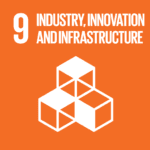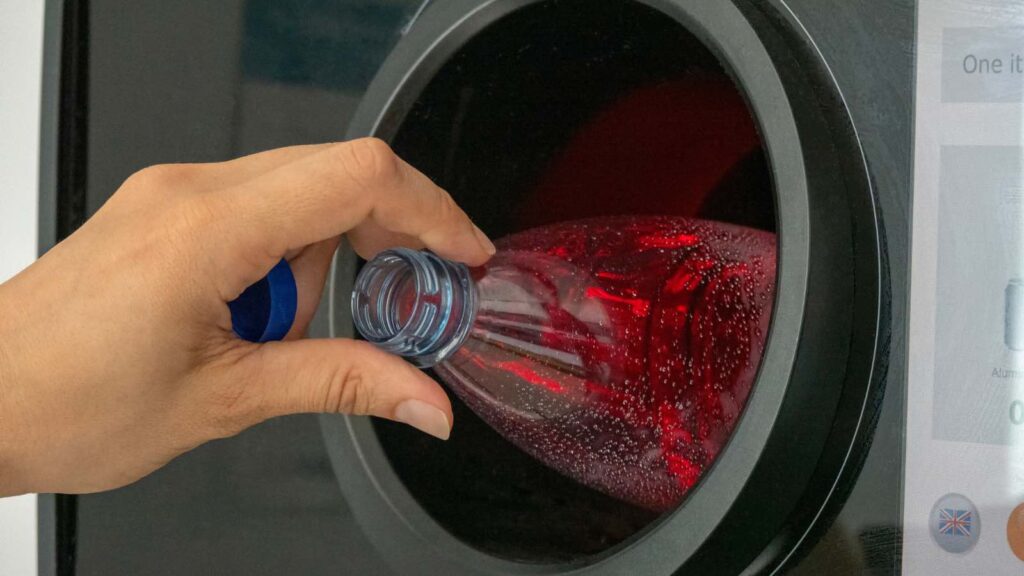The Beverage Container Return Scheme (BCRS), a cornerstone of Singapore’s recycling strategy, aims to increase recycling rates for plastics and metals by imposing a 10-cent deposit on beverage containers.
In a significant development for Singapore’s environmental initiatives, the National Environment Agency (NEA) has announced a one-year delay in the implementation of the Beverage Container Return Scheme (BCRS). Originally slated for April 2025, the scheme will now launch in April 2026, marking another setback since its initial proposal in 2020.
RELEVANT SUSTAINABLE GOALS



Beverage Container Return Scheme (BCRS)
The BCRS, a cornerstone of Singapore’s recycling strategy, aims to increase recycling rates for plastics and metals by imposing a 10-cent deposit on beverage containers. Consumers can reclaim this deposit upon returning empty containers to designated recycling points.
BCRS Ltd., a non-profit consortium formed by beverage industry giants Coca-Cola Singapore Beverages, F&N Foods, and Pokka, has been appointed as the scheme operator. Their responsibilities include providing initial capital, establishing collection points, and managing the recycling process.
Launch Pushed Back By A Year
This delay, requested by stakeholders to allow more time for design and operationalization, raises questions about the city-state’s readiness to adopt more sustainable practices. Environmental advocates argue that while the BCRS is a step in the right direction, it should be part of a broader strategy to reduce consumption and improve product design.
The scheme is viewed as an initial step towards implementing Extended Producer Responsibility (EPR) for packaging waste. However, critics argue that more comprehensive measures are needed to encourage producers to incorporate recycled content and design products for reuse.
As Singapore grapples with these challenges, the NEA and BCRS Ltd. face the task of engaging the public and cultivating waste segregation habits. The success of the scheme hinges on consumer participation and understanding that the deposit is refundable upon proper recycling.
This postponement offers an opportunity for reflection on Singapore’s approach to sustainability. While the BCRS represents progress, it also underscores the complexities of transitioning to a circular economy in a city known for its efficiency and consumption-driven lifestyle.
Lead image courtesy of Vera from GETTY IMAGES (Reverse Vending Machine)
You may also be interested in :
Singapore’s recycling Rate Dips To 52% In 2023 Alongside Construction Slowdown



